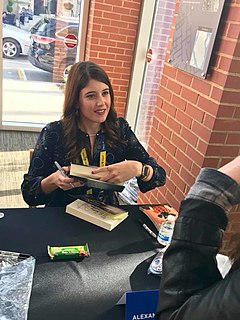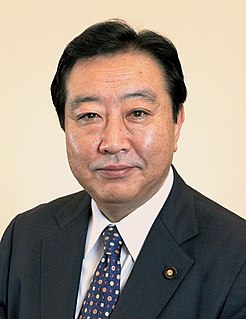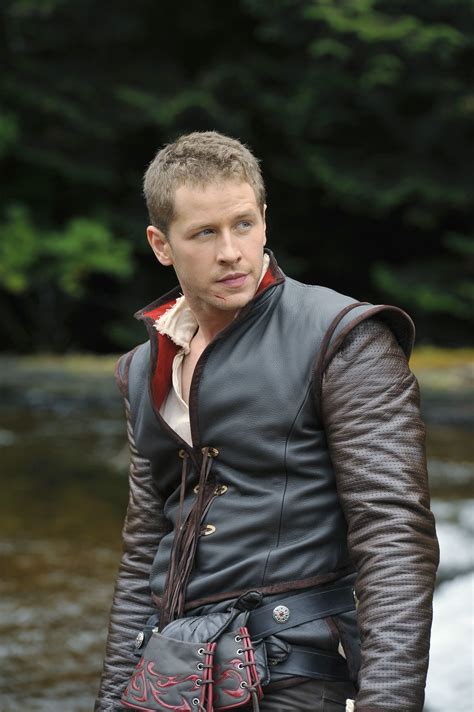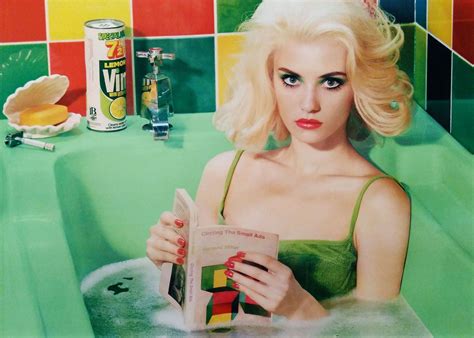A Quote by Alexandra Bracken
Much like dystopian and post-apocalyptic books are a way to explore the worst-case scenarios lurking around the corner, fantasy can serve as a wonderful tool for showing kids that they have an inherent power in them to create change, both in themselves and in their community.
Related Quotes
The future is unwritten. there are best case scenarios. There are worst-case scenarios. both of them are great fun to write about if you' re a science fiction novelist, but neither of them ever happens in the real world. What happens in the real world is always a sideways-case scenario. World-changing marvels to us, are only wallpaper to our children.
I suspect the popularity of young adults and dystopian novels has something to do with a desire for allegory and old-fashioned morality tales. In fact, you might find your religious framework here in dystopian, post-apocalyptic fiction. Here, and in videogames, you find strict codes of authority, the "rules of the game," the life-or-death quest and struggle that people crave.
If they had only themselves to consider, lovers would not need to marry, but they must think of others and of other things. They say their vows to the community as much as to one another, and the community gathers around them to hear and to wish them well, on their behalf and its own. It gathers around them because it understands how necessary, how joyful, and how fearful this joining is. These lovers, pledging themselves to one another "until death," are giving themselves away, and they are joined by this as no law or contract could join them.
The Tiger's Curse Series has everything my heart could desire in a fantasy: exotic locations, two dashing princes, good vs. evil, the promise of danger and adventure lurking around every corner—and did I mention two dashing princes? Warning: these books may cause you to forget anything else exists until you've turned the last enthralling page. And then you'll want to start all over again!
I know so many kids who literally are, like, Instagram-famous. They have done nothing but post pictures on Instagram. And they have followings. People love to see them in person, but it's only because they post on their Instagram. It's literally crazy. Kids will paint a picture of themselves that is so far beyond who they actually are. It's like they're wearing someone else's skin.
I think that actually the rhythmic nature of picture books and of young reader story books is a way to help kids fall in love with language and what you can do with it and how it sounds in your range. It sort of has a musicality but on the other hand they get the story and the ideas and the context of it. I think it's a way to get kids into it and I also think that when kids are around people who love books it rubs off on them.



































